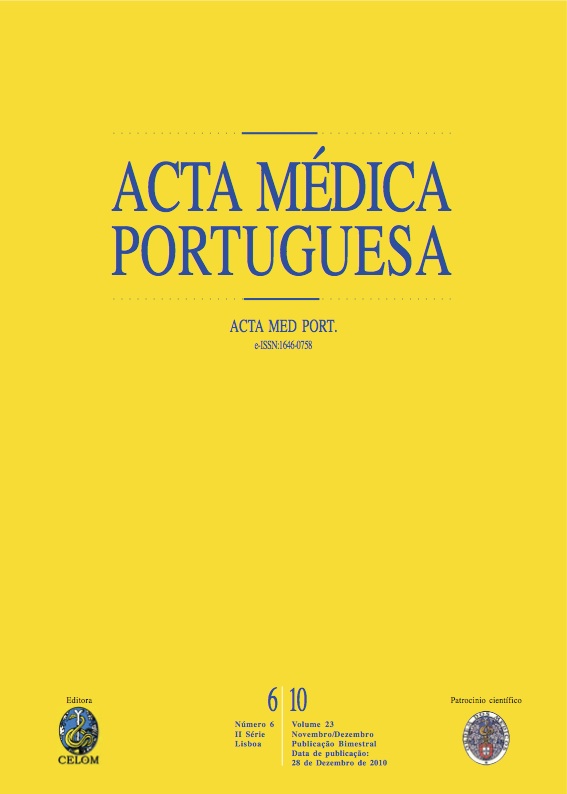Early intervention in psychosis: prepsychotic period.
DOI:
https://doi.org/10.20344/amp.742Abstract
Psychotic disorders, namely schizophrenia, are severe illnesses with their onset in adolescence or youth adult age and have a classic limited outcome. In recent years there has been some research about early intervention in psychosis which can be done in prepsychotic period (prodrome) and/or after the onset of full blown psychotic episode. The authors review the literature about the diagnosis, evaluation, and possible interventions in patients in prepsychotic period (prodrome). Identification of patients with ultra high risk of psychosis could identify patients with a risk of development psychosis in 40%. The main interventions, pharmacological and psychosocial treatments, and main published studies are explained. Prospective identification of these patients and their treatment could prevent the development of full blown psychosis, delay the onset or promote the recovery of the disorder. We must remember some ethical issues about this kind of intervention, namely the stigma and false positive individuals. The results from the research in this area are mainly preliminary, but these studies suggest that some interventions are effective and promising. In future we must have trials with more number of patients included and probably a refinement of the criteria of ultra high risk patients.Downloads
Downloads
How to Cite
Issue
Section
License
All the articles published in the AMP are open access and comply with the requirements of funding agencies or academic institutions. The AMP is governed by the terms of the Creative Commons ‘Attribution – Non-Commercial Use - (CC-BY-NC)’ license, regarding the use by third parties.
It is the author’s responsibility to obtain approval for the reproduction of figures, tables, etc. from other publications.
Upon acceptance of an article for publication, the authors will be asked to complete the ICMJE “Copyright Liability and Copyright Sharing Statement “(http://www.actamedicaportuguesa.com/info/AMP-NormasPublicacao.pdf) and the “Declaration of Potential Conflicts of Interest” (http:// www.icmje.org/conflicts-of-interest). An e-mail will be sent to the corresponding author to acknowledge receipt of the manuscript.
After publication, the authors are authorised to make their articles available in repositories of their institutions of origin, as long as they always mention where they were published and according to the Creative Commons license.









